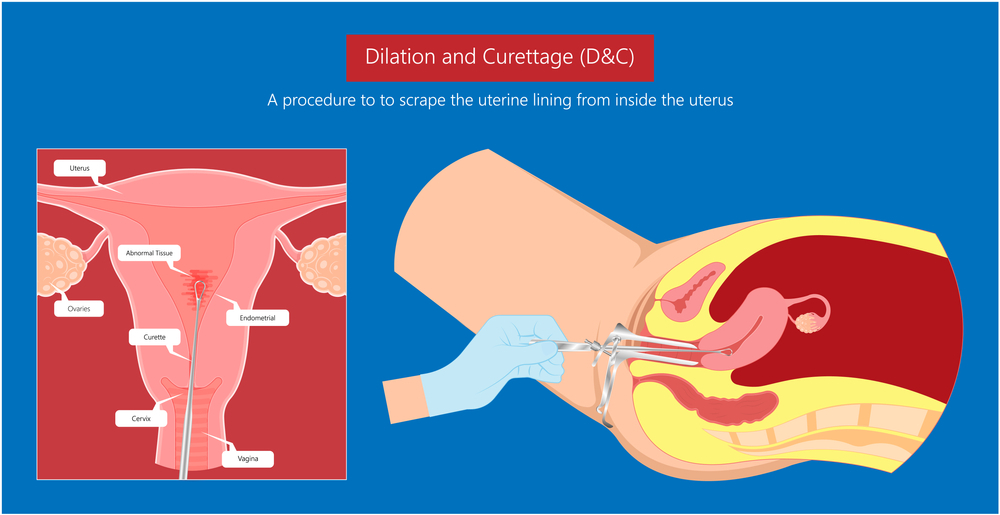When a woman experiences a miscarriage, it can be an incredibly distressing and heartbreaking time. It is, therefore, crucial to have as much information as possible to help navigate this difficult period. One of the most commonly asked questions following a miscarriage is, “how long does miscarriage bleeding last?”
This is understandable as the bleeding can be traumatic, and it is essential to know how long this process will last. In this blog post, we will outline what you can expect when going through a miscarriage and answer the question of how long the bleeding can last.
Duration of Bleeding: Factors and Variations
The duration of bleeding is one of the most significant concerns for any woman going through a miscarriage. It is hard to give a definitive answer as every woman is different. The length of time that the bleeding will last can depend on various factors, including how far along your pregnancy was, how your body responds to the miscarriage, and the medical treatment you receive.
Managing Bleeding after Miscarriage
For some women, the bleeding may last for just a few days, while for others, it could go on for several weeks. Typically, you can expect the bleeding to last between one to two weeks following a miscarriage.

The bleeding can be more severe than the menstrual cycle. It may start off as a heavy flow, then taper off, becoming lighter with time. If you’re passing clots and the bleeding becomes unmanageable, make sure to reach out to your healthcare professional.
Medical Treatment for Heavy Bleeding
Medical treatment is an option you can consider if you’re experiencing heavy bleeding, passing large clots, or have an infection. A healthcare professional will be able to advise you on what kind of medical treatment you need.
In such cases, your doctor may recommend a Dilation and Curettage (D&C) procedure. This procedure is a minor surgery to remove any remaining pregnancy tissue and help stop the bleeding.

Return of Menstrual Cycle after Miscarriage
After undergoing a miscarriage, your body will eventually return to its regular cycle, and you will start your period again. The first period after a miscarriage might be heavier and longer than usual, but it will settle down with time.

It’s essential to talk to your healthcare professional about when to expect your period after a miscarriage, and they will advise you on when it is safe to try for another baby.
Emotional Challenges and Self-Care after Miscarriage
It’s essential to note that going through a miscarriage often comes with emotional challenges as well. You may feel a range of emotions in the days and weeks following a miscarriage, such as sadness, guilt, anger or relief, and that’s okay.

Everyone reacts differently, but remember that it is essential to take care of yourself and seek support from loved ones during this difficult time. You can also reach out to organizations that provide support for individuals who have experienced a miscarriage. In short, take it one day at a time, and know that you’re not alone.
A miscarriage can be a challenging and emotional experience for many women and their partners. While every woman’s experience is unique, it is essential to remember that there is no timeline for healing and recovery.
The length of bleeding during a miscarriage varies from woman to woman, but it is generally between one to two weeks. It’s crucial to communicate with your healthcare professional about any medical concerns you may have, and reach out to your loved ones for emotional support.
Remember to be kind to yourself or your partner and take time to process the experience. Lastly, know that you’re not alone, and support is always available.


